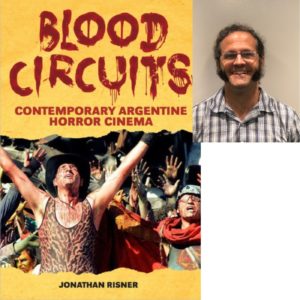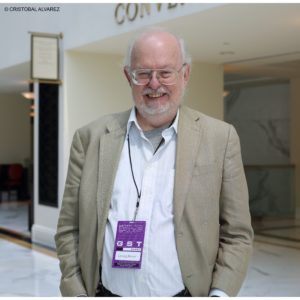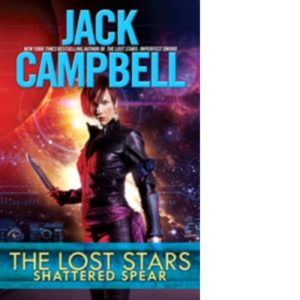Argentine Horror Films – “Blood Circuits” (SUNY Press, 2018) – Jonathan Risner interview
Podcast: Play in new window | Download
Subscribe: Apple Podcasts | RSS
 Jonathan Risner is Assistant Professor of Spanish at Indiana University Bloomington. He discovered Argentine horror and wondered how much of the country’s brutal dictatorship impacted that country’s horror films. We discuss his book on the topic.
Jonathan Risner is Assistant Professor of Spanish at Indiana University Bloomington. He discovered Argentine horror and wondered how much of the country’s brutal dictatorship impacted that country’s horror films. We discuss his book on the topic.
1:27 – Jonathan talks about how he got into studying and writing about Argentinian horror cinema. He wondered if an Argentinian horror film could be made without referencing the brutality of the dictatorship in that country.
4:43 – Jonathan then talks about how he turned his dissertation into the book. He included new Argentinian films that have come out since 2012. There’s not a tradition of Argentine horror cinema. Horror most often associated with other countries. Lots of people have started making great low budget horror films in Argentina.
14:00 – Since independence, Argentinian films have sort of shown a tension between city and country.
15:45 – He also looks at films that are done with English dialogue. These films are often designed to break into the US B-movie market.
19:08 – Another book chapter is on punk horror cinema that is supposed to be purposefully offensive.
21:45 – The dictatorship was dealt with on screen with melodramas and documentaries. A new generation of film makers are using horror to deal with it.
23:45 – The book has a filmography with associated US distributors and youtube links.
30:00 – Argentine horror film is not coherent. There is no stylistic thread through them.
33:00 – Jonathan interviewed a psychoanalyst who had been a college student during the dictatorship and he began crying. That was a moving moment for Jonathon.
41:45 – Jonathan joked about how hard it was to get good punk horror film stills because the film quality is poor, not corporate punk, he joked.
42:45 – He had to mix comedies with the horror films because it got tough to watch so much brutal horror.
45:56 – People can find the book and read the first chapter on the SUNY Press website.
Links of interest
SUNY Press Blood Circuits page
For more of “The Art and Design of Sci-Fi and Fantasy, Mystery and Horror” please follow me on Facebook at crisalvarezwlc, on youtube at Cris Alvarez and on Instagram @crisalvarezscifi
Guests: Jonathan Risner
Host: Cris Alvarez
Tags: horror, films, Argentina, big-budget, interview, punk horror, dictatorship, memory, psychoanalysis

 Jack Campbell has published multiple sci-fi and fantasy book series over the years that are extremely popular. Two of his most popular series are the Lost Fleet series and the Legacy of Dragons series. In March 2018 I spoke with Jack about his writing.
Jack Campbell has published multiple sci-fi and fantasy book series over the years that are extremely popular. Two of his most popular series are the Lost Fleet series and the Legacy of Dragons series. In March 2018 I spoke with Jack about his writing.